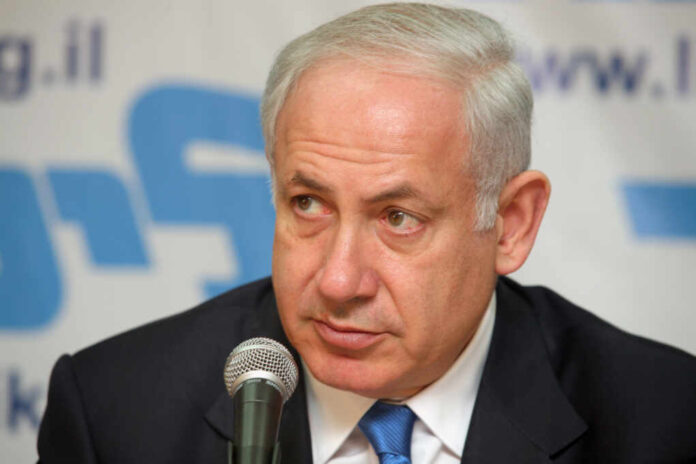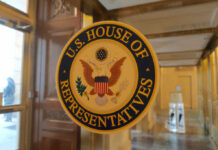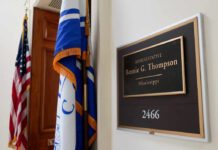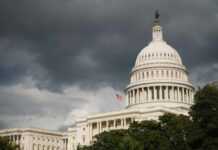
It has become clear in recent months that a sizable segment of the Democratic Party is more willing to support Palestinians, many of whom voted to put Hamas in control of Gaza, than Israel, a long-time U.S. ally responding to the deadly attack on Oct. 7 by Hamas terrorists.
As Israeli Prime Minister Benjamin Netanyahu reportedly moves forward with a plan to conduct a military operation in Rafah, the Biden administration appears to be retreating even further from its initial endorsement of the nation’s right to defend itself.
Specifically, the U.S. opted not to vote on a recent United Nations Security Council endorsing a ceasefire between Israel and Hamas rather than opposing the measure outright.
The move was seen as a betrayal by many in Israel, as Netanyahu’s office explained in a subsequent statement.
Calling it a “clear retreat from the consistent position of the U.S.” dating back to the immediate aftermath of the October attack, the statement continued: “This withdrawal hurts both the war effort and the effort to release the hostages because it gives Hamas hope that international pressure will allow them to accept a ceasefire without the release of our hostages.”
America’s refusal to veto the U.N. resolution also triggered Netanyahu’s decision to call off a planned meeting between an Israeli delegation and U.S. officials regarding the forthcoming operation in Rafah.
According to a recent report by Axios, the prime minister’s response is raising concerns within the White House that he is “provoking” his counterparts in the United States.
“The prime minister could have chosen a different course — to align with the U.S. on the meaning of this resolution,” declared one insider quoted in the report. “He chose not to, apparently for political purposes.”
Another unnamed Biden administration official asked: “If Prime Minister Netanyahu felt so strongly, why didn’t he call President Biden?”
Other high-level White House figures have offered similar, if somewhat more measured, responses on the record.
#NEW: White House's John Kirby rips @IsraeliPM @Netanyahu for deciding not to send a delegation to meet with the Biden administration about Rafah after the U.S. abstained from a #ceasefirenow resolution at the U.N.:
“I gotta tell you, Steve, we’re — um — we’re kind of perplexed… pic.twitter.com/24jYEczaW2
— Curtis Houck (@CurtisHouck) March 25, 2024
For his part, White House national security adviser John Kirby said the administration was “perplexed” by Netanyahu’s “disappointing” stance, claiming that the U.N. Security Council vote “does not represent a shift in our policy.”




























